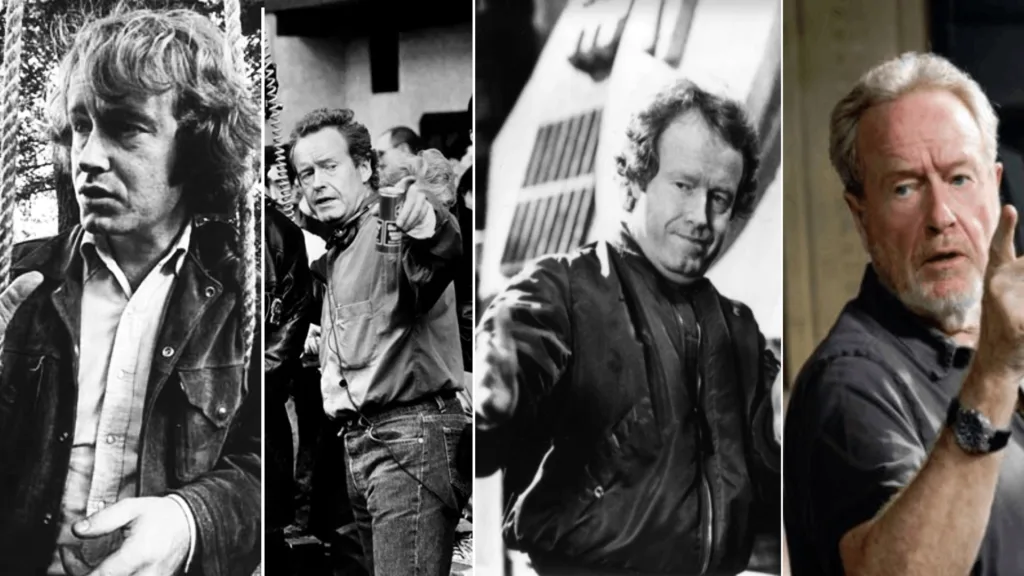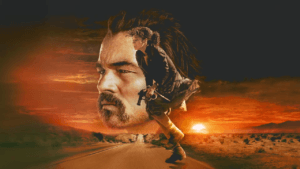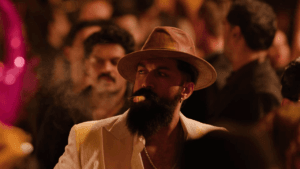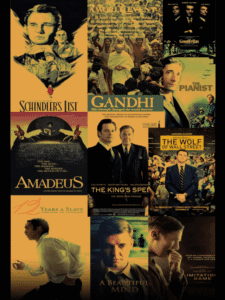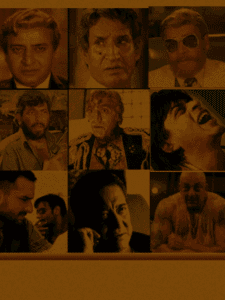In the world of creativity, the phrase “hanging one’s boots” carries a heavy connotation. For artists, filmmakers, musicians, and writers, it signals the decision to step away from their craft—often after a lifetime of contributions. But when should an artist decide that the time has come to step back? Is there an ideal moment to bid farewell, or is this decision as subjective as the art they create? This thought becomes especially intriguing when we place it in the context of Ridley Scott, a filmmaker whose career has spanned over five decades, producing some of cinema’s most enduring works.
At 87, Ridley Scott remains a powerhouse in Hollywood. With iconic films like Alien (1979), Blade Runner (1982), Gladiator (2000), and The Martian (2015), his oeuvre showcases a remarkable ability to adapt and thrive in an industry that is constantly 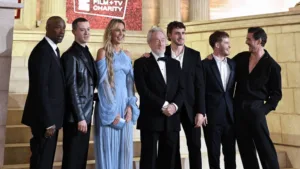 evolving. Yet, Scott is not without his critics. While some hail him as a visionary who has consistently pushed the boundaries of storytelling and visual spectacle, others argue that his later works, such as Prometheus (2012) and Exodus: Gods and Kings (2014), lack the sharpness and depth of his earlier films. This raises the question: should an artist like Ridley Scott consider hanging his boots, or does his continued output serve as a testament to the undying spirit of creativity?
evolving. Yet, Scott is not without his critics. While some hail him as a visionary who has consistently pushed the boundaries of storytelling and visual spectacle, others argue that his later works, such as Prometheus (2012) and Exodus: Gods and Kings (2014), lack the sharpness and depth of his earlier films. This raises the question: should an artist like Ridley Scott consider hanging his boots, or does his continued output serve as a testament to the undying spirit of creativity?
Ridley Scott: The Relentless Visionary
Ridley Scott’s career is a masterclass in longevity and reinvention. After debuting as a director with The Duellists in 1977, he quickly established himself as a filmmaker who could blend visual brilliance with compelling narratives. Alien set the standard for sci-fi horror, while Blade Runner became a cult classic, influencing countless filmmakers and artists.
 What makes Scott remarkable is his refusal to stagnate. He doesn’t rest on his laurels, continually exploring new genres and stories. From epic historical dramas like Gladiator and Kingdom of Heaven to modern-day thrillers like Body of Lies and even crime sagas like House of Gucci (2021), his filmography is as diverse as it is ambitious. However, not all of Scott’s projects have been universally celebrated. Films like Robin Hood (2010) and The Counselor (2013) received mixed reviews, and even his magnum opus, Blade Runner, was a box-office failure upon release, only gaining its iconic status years later. Yet, Scott’s willingness to take risks and his insatiable drive to tell stories underscore his belief in the artist’s mission: to create, regardless of external validation.
What makes Scott remarkable is his refusal to stagnate. He doesn’t rest on his laurels, continually exploring new genres and stories. From epic historical dramas like Gladiator and Kingdom of Heaven to modern-day thrillers like Body of Lies and even crime sagas like House of Gucci (2021), his filmography is as diverse as it is ambitious. However, not all of Scott’s projects have been universally celebrated. Films like Robin Hood (2010) and The Counselor (2013) received mixed reviews, and even his magnum opus, Blade Runner, was a box-office failure upon release, only gaining its iconic status years later. Yet, Scott’s willingness to take risks and his insatiable drive to tell stories underscore his belief in the artist’s mission: to create, regardless of external validation.
When Should an Artist Stop?
For many, the idea of “hanging one’s boots” is tied to the perception of decline. If an artist’s work no longer resonates with audiences or if their creative output seems repetitive or uninspired, should that be the cue to step back? Or is it more about the artist’s internal drive and satisfaction? One could argue that diminishing impact is a sign. An artist who no longer connects with their audience may face the harsh truth that their relevance is waning. However, art is subjective, and what fails to resonate with one generation may find its place with another. Ridley Scott’s Blade Runner is a perfect example—it was initially misunderstood but has since become a cornerstone of science fiction cinema. Another marker could be an exhaustion of vision. When an artist appears to recycle ideas or fails to bring fresh perspectives to their work, it might indicate that their creative well is running dry. Some critics suggest this of Scott’s recent films, such as Prometheus, which revisited the Alien universe but left audiences divided. Lastly, legacy plays a crucial role. Should an artist risk tarnishing their reputation by continuing to produce work that might not match their past achievements? Or does their willingness to keep creating, regardless of success or failure, add to their legend?
The Ridley Scott Approach: Passion Over Perfection
Ridley Scott’s career suggests that he views creativity as a lifelong pursuit. Despite his age, he continues to take on ambitious projects, with Napoleon (2023) being a recent example of his commitment to epic storytelling, more recently, Gladiator 2 proving that he has no intention of slowing down. Scott’s perseverance raises an important point: for some artists, the act of creation is not about external success but internal fulfillment. Hanging one’s boots, in this sense, is not dictated by external criticism or even commercial failure but by an artist’s personal desire to keep going—or stop. For Ridley Scott, stepping away would mean silencing a voice that has been central to cinema for decades. While not all his films may achieve critical acclaim, each one represents his relentless curiosity and willingness to explore new frontiers.
A Broader Reflection on Art and Retirement
The question of when to retire is not unique to Scott. Clint Eastwood, another prolific filmmaker, continues to work into his 90s, while others like Daniel Day-Lewis chose to retire at their peak, preserving their legacy. Both approaches have merit, and neither is inherently right or wrong. Art is deeply personal. For some, it’s a calling that persists until the end. For others, there is a desire to leave the stage while still at the top of their game. Picasso painted until his final days; on the other hand, Hayao Miyazaki has repeatedly announced retirement only to return, driven by an insatiable creative urge.
The Artist’s Journey
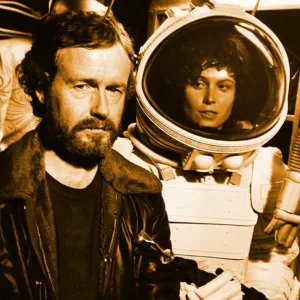 Ridley Scott’s career forces us to reconsider the notion of “hanging one’s boots.” Perhaps the question is not when an artist should stop but whether they should stop at all. For Scott, the joy of filmmaking lies in the process, the challenge, and the unrelenting quest to bring stories to life.
Ridley Scott’s career forces us to reconsider the notion of “hanging one’s boots.” Perhaps the question is not when an artist should stop but whether they should stop at all. For Scott, the joy of filmmaking lies in the process, the challenge, and the unrelenting quest to bring stories to life.
In the end, the decision to retire is as personal as the art itself. Whether one steps away gracefully or pushes boundaries until the very end, what matters most is the passion that fuels the journey. Ridley Scott reminds us that as long as the fire burns, the boots should remain firmly on.


